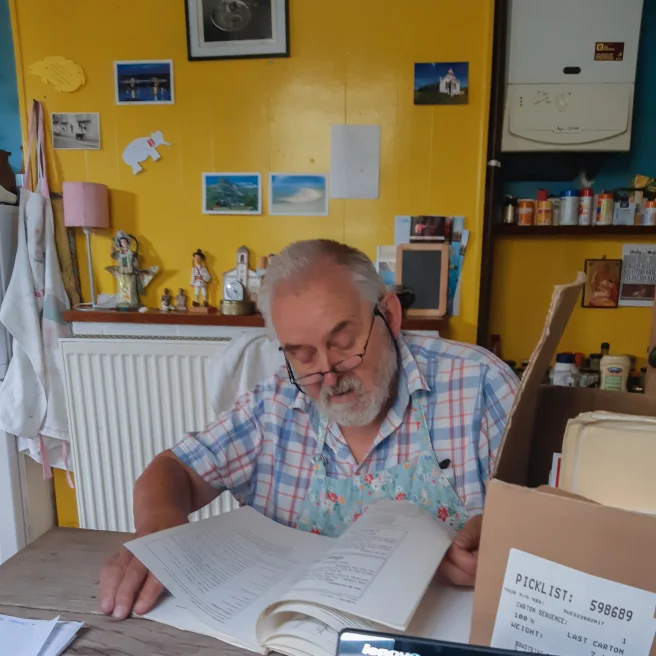Professor Jonathan Newton joins me to discuss teaching listening skills. Does it make sense to talk about top-down and bottom-up approaches? How can we practice these in the classroom? And what are Jonathan’s top tips for improving students’ speaking skills?
Teaching Comprehension Skills and Strategies (with Michael Swan)
How can we help students improve their listening and reading? Traditionally, teachers teach skills like predicting, skimming, scanning and guessing from context. In this episode, Michael Swan presents reasons why we should avoid this approach, the reasons students find comprehension difficult and what alternative approach teachers should take to improving listening and reading skills.
Teaching Phonics (with Lesley White)
Letterland teacher trainer Lesley White tells Ross about phonics. We touch on the history, the advantages of phonics over other approaches, different options to teachers within the phonics system and some of the differences between learning to read in your first language and in your second language.
Getting Young Learners to Communicate with Each Other (with Matt Courtois)
Please Mind The ___________ Gap (with Matt Courtois)
Episode 75! What's The Best Way to Learn a Language (With Dave Weller)
For our 75th episode, we discuss a question which is both very simple and highly complex: What’s the best way to learn a language? We challenged each other to fit everything we could about language learning onto a single page of A4 paper, then compare our notes in a marathon 60-minute discussion. For maximum effect, prepare your own notes on “What’s the Best Way to Learn a Language” before you listen.
Podcast: Context - the Secret Sauce in Language Teaching & Training (with Matt Courtois)
Understanding what people in say from the sounds they make is all but impossible without context, even in our first language. So how can we make more use of this amazing tool which helps prediction, understanding, engagement and application? We discuss what context is, why it’s important and how to incorporate it when teaching adults, teaching kids and in teacher training.











